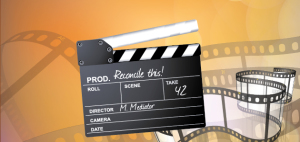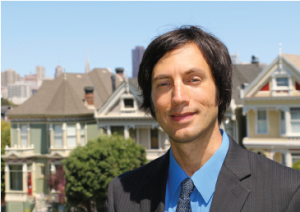 Mediation works because, as the meme/trope goes: “We are not so different, you and I.”
Mediation works because, as the meme/trope goes: “We are not so different, you and I.”
First: figure out what movie is playing inside the hearts and minds of party actors. Here sits a neighbor who can’t hear because of another all-night DJ party next door. The drums come at 2:00 a.m. like reanimated killers. We call this film: “Ear Drum Massacre.” On the other side sits a just-moved-to-San Francisco and huge Los Angeles Dodgers fan. Let’s call this film: “Behind Enemy Lines.” Is it surprising that the audiences of these two movies view a quest to break the world record for longest continual drum circle differently? “Ear Drum Massacre” is a very different movie than “Behind Enemy Lines.”
Experienced mediators know there is plenty of room at the cineplex for more than one movie. People are not machines. The fuel that powers the type of disagreement that brings you through full civil lawsuits and divorce is usually strong emotion. Mediation can help navigate that emotion and sharpen themes. “You’ll never work in this town!” becomes “You’re filming Saturday at 1:00 p.m. after hair and make-up.”
Curate each side’s story with shoe-swapping. If you’re an action hero, you might be surprised how it feels to run screaming from a gigantic ear destroying monster. If litigation is about disbelief at other actors, mediation is about suspending disbelief. By helping parties understand the characters they are playing in each other’s films, we can break stalemates. The Hollywood ending 50-50 split with Chariots-Of-Fire music and tears of joy is not an impossibility.
I call my unpatented style “The Citizen Kane Mediation Approach.” If you’ve seen the Orson Welles masterpiece, you know the greatest film of all time is an enigma. It works somehow. Mediation, like the magic of movies, is collaborative. When plaintiffs, defendants, mediators and lawyers come together willing to listen, settlements move from extras to supporting actors. When somebody calls my office for mediation, I get excited to find how stories are similar, and so should you. The fact that neither plaintiffs nor defendants can handle, as Jack Nicholson says, “the truth!” is all the more reason to settle their differences.
About the author:
 Gabriel Bellman is a San Francisco mediator and attorney. For years, he worked exclusively for MTV, Miramax, and Playboy. He is a member of BASF’s Mediation Services panel; more information about him and about BASF’s mediation program can be found at www.sfbar.org/mediation.
Gabriel Bellman is a San Francisco mediator and attorney. For years, he worked exclusively for MTV, Miramax, and Playboy. He is a member of BASF’s Mediation Services panel; more information about him and about BASF’s mediation program can be found at www.sfbar.org/mediation.




